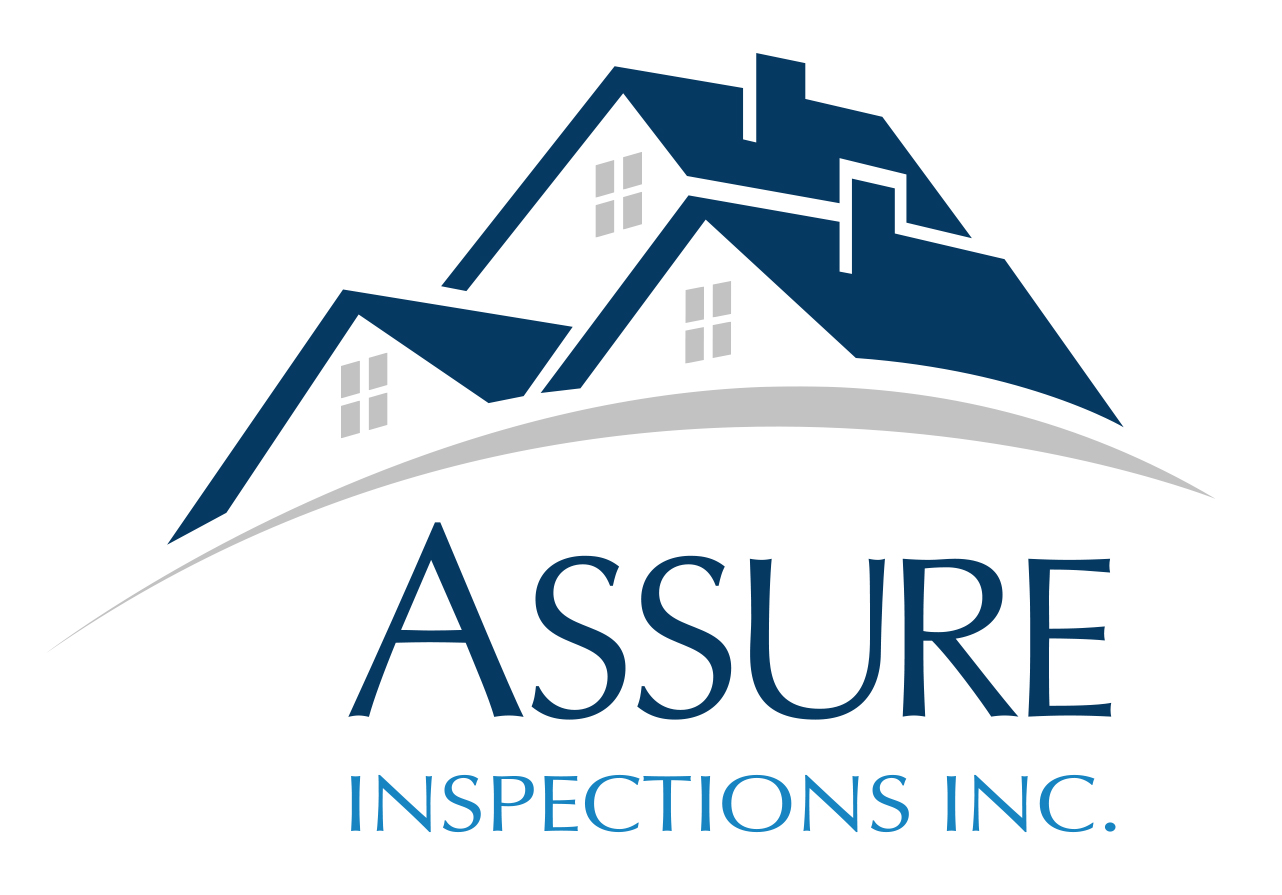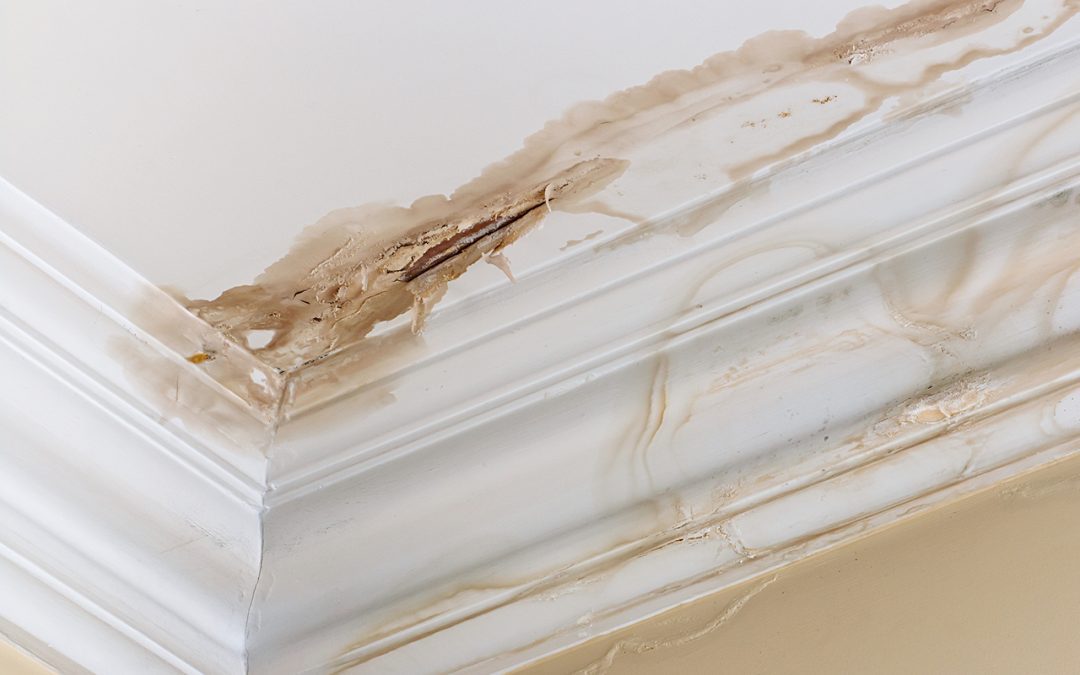Residential water damage is a problem that can degrade homes long after the initial event if not dealt with promptly. Mold and mildew will rapidly grow if water is present without proper air circulation. If left unaddressed, mold spores will become airborne and may affect your family’s health over time.
Continue reading to learn about the basics of dealing with water damage in the home.
How Does Residential Water Damage Occur?
Water damage can come from any number of sources. The most common causes of water damage include leaky or broken pipes, floods, shower stalls not properly caulked, severe weather events, and faulty roofing.
Signs of residential water damage include:
- Warped floors or walls.
- Stains on the ceiling and interior of wall studs or framing.
- Bubbling paint.
- Uneven discoloration of surface materials like drywall and sheetrock.
Take Immediate Action with Residential Water Damage
If you notice water in your home from a leak or overflow of any sort, it’s essential to take immediate action. The first thing to do is turn off the electricity and locate the source of the water intrusion to stop more from coming into the area.
Next, ventilate the area and seal it from being entered and disturbed. After everyone is safe, you can start dealing with the damage. Call a professional if the damage is extensive.
Call A Remediation Company
In cases of severe water damage, it’s best to call in a professional remediation company. Remediation companies specialize in dealing with problems caused by environmental events and will know how to deal the damage.
Residential water damage can quickly become structural damage, making it even more important to contact professionals as soon as possible. The sooner the water source is controlled and any necessary repairs get completed, the less likely you’ll have a significant problem on your hands.
Clean Up and Sanitize Residential Water Damage
After the necessary repairs have been made and the area is thoroughly dried out, it’s time for a thorough cleaning. Standing water causes odors due to mold and mildew, so the affected area must be adequately cleaned and deodorized.
Based on the severity of the water damage, you may need to hire a professional cleaning service to help clean up spills and leaks.
Water Damage Can Cause Health Issues
Untreated water damage can cause or aggravate health issues because it impacts the indoor air quality within the home. Health conditions experienced from indoor mold and mildew include:
- Asthma
- Bronchitis
- Allergies
- Coughing
- Wheezing
These respiratory conditions can make it difficult for your family to sleep or function, and you may find yourself feeling ill at home.
Young children, the elderly, and those with compromised autoimmune systems are especially vulnerable to increased health risks from mold or mildew exposure.
Get a Professional Home Inspection
If you’re searching the market for a new home and want to confirm that it doesn’t have residual water damage, hire a professional home inspector.
Water damage can hide in many places, making it essential to hire a professional to inspect the house for water damage that’s been left untreated.
You don’t want to end up buying a house with an issue you could have fixed by hiring an inspector beforehand. Residential water damage is a common problem in homes that can harm the health and wellbeing of inhabitants.
Assure Inspections Inc. serves the Chicago area with home inspection services. Contact us to schedule an appointment.

